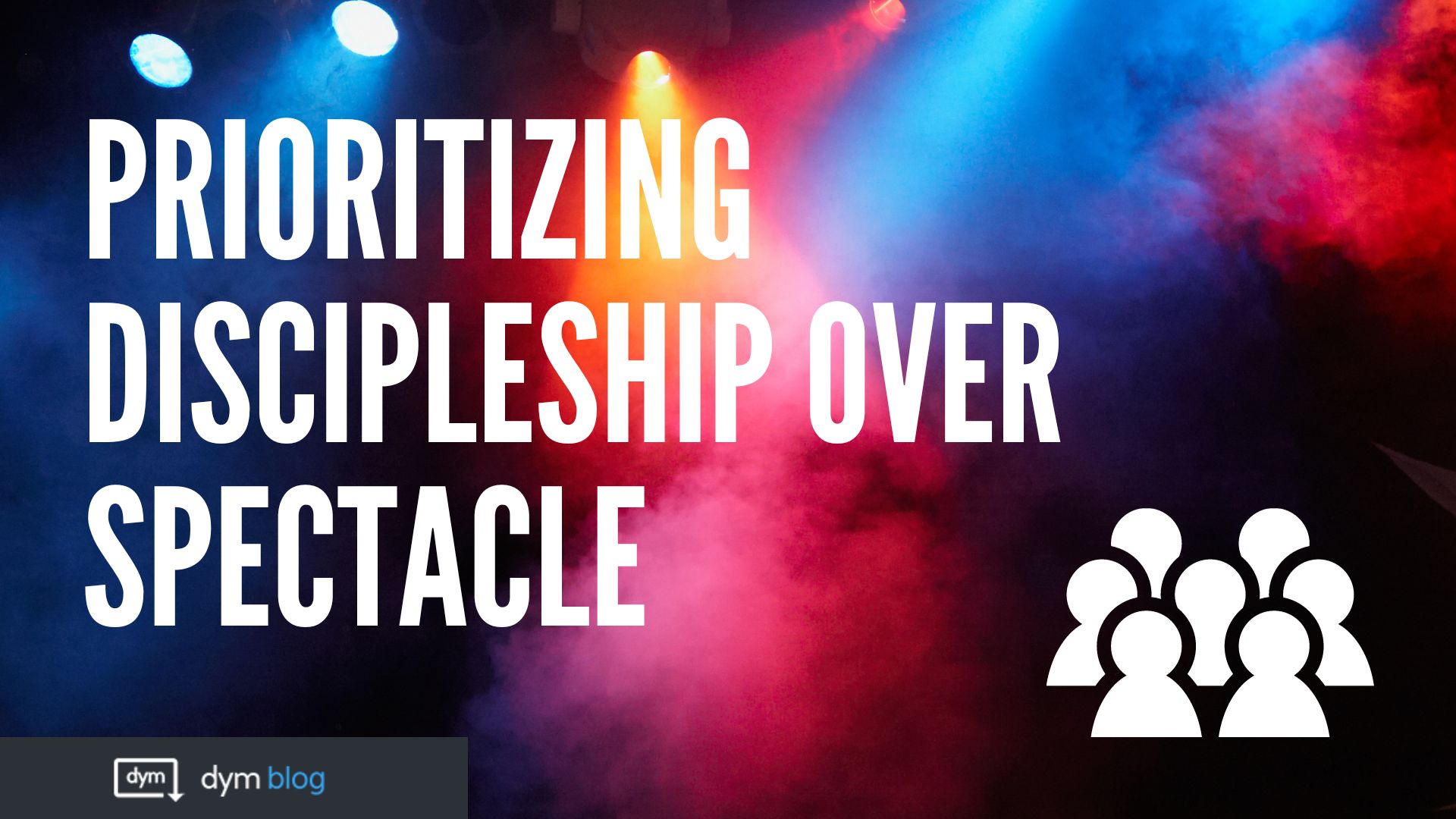Empowering Students in Evangelism: The Power of ‘Who Is Your One?’

When it comes to evangelism, many students find the concept overwhelming. The idea of going out and telling all their friends about Jesus can seem daunting. There’s a common misconception that evangelism requires boldness, public speaking, or street preaching. However, there’s a simpler and more effective approach that breaks down this big idea into something more manageable and realistic: “Who Is Your One?”
“What is ‘Who Is Your One’?”
“Who Is Your One” is an initiative we have been doing in our ministry that encourages students to be intentional about reaching out to a friend they already have who doesn’t know Jesus. It’s about nurturing existing relationships, being there for them, praying for them, inviting them to church, and engaging in conversations about faith. The goal is for students to demonstrate their own relationship with Jesus through their friendship, ultimately leading their friend to a deeper understanding of faith.
This approach to evangelism is rooted in Jesus’ own interactions with people. He often spent time with individuals, inviting himself into their lives and showing them love and acceptance, regardless of their background or beliefs. It’s a relational approach that students can relate to and implement in their own lives.
Why “Who Is Your One” Matters:
In our ministry, “Who Is Your One” has been instrumental in driving growth and impact over the last two years. By encouraging students to focus on just one person, we’ve seen a significant increase in effectiveness and engagement.
How We Implemented “Who Is Your One”:
- Vision Series: At the beginning of the school year, we introduced the concept of “Who Is Your One” through a dedicated vision series. This series laid the foundation for why this initiative is important and challenged our students to take action.
- Business Cards: We created business cards with the prompt “My one is ________,” allowing students to fill in the name of their chosen person. These cards served as a daily reminder and were also shared with small group leaders for accountability.
- Leader Training: We provided training for our leaders at the start of the school year to equip them with the tools and understanding to support their students in reaching their “one.”
- Curriculum Integration: We integrated “Who Is Your One” updates into our curriculum, ensuring that the topic was regularly addressed in small group discussions.
- Storytelling: We shared stories of success from our campuses, highlighting instances where someone’s “one” had come to church and started a relationship with Jesus. These stories served as inspiration and motivation for students.
- Celebration: We celebrated students and leaders who embraced the “Who Is Your One” initiative, both privately and publicly. Recognizing their efforts encouraged others to follow suit.
- Service Integration: We made sure to incorporate “Who Is Your One” into every service, reinforcing its importance and keeping it at the forefront of our ministry culture.
The Impact of “Who Is Your One”:
By empowering students to own and embrace the concept of “Who Is Your One,” we’ve witnessed a transformation in how we approach evangelism. Students are better equipped and motivated to reach out to their friends, knowing that they have the support and encouragement of their community.
The beauty of “Who Is Your One” lies in its simplicity and accessibility. It doesn’t require fancy events or elaborate strategies. It’s about genuine friendship and creating a safe space where students feel comfortable inviting their friends to explore faith together.
“Who Is Your One” is not just a program; it’s a mindset shift that empowers students to be ambassadors of Jesus in their own circles. By focusing on one person at a time, students can make a meaningful impact and share the love of Christ in a tangible and relatable way. Let’s continue to nurture this culture of evangelism and support students as they embark on this journey of faith and friendship.
– Justin
Need help with a resource from DYM? We got you!
Want to get your students moving? Our faith is meant to be one of action. Get your students to understand these 3 key teachings from the life of Christ, all including the challenge to “GO”:

